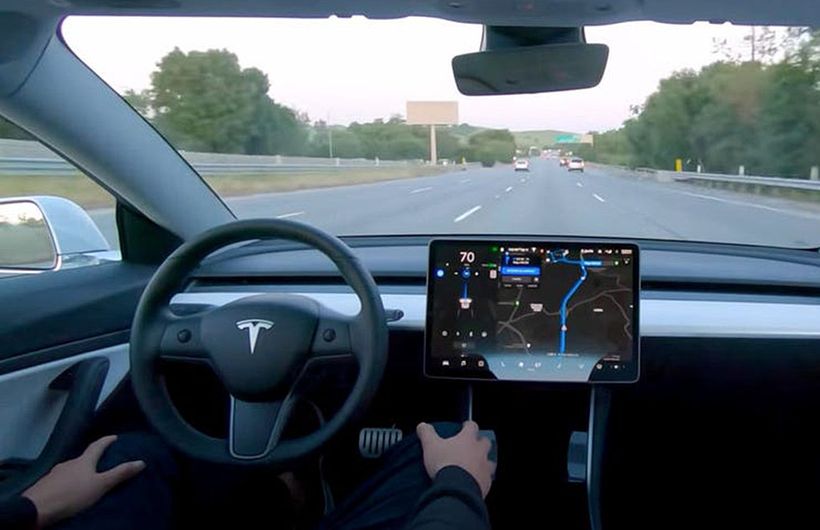Self-driving cars sound somewhat futuristic, don’t they? Imagine a scenario where your hands are permanently off the wheel. You could sit back and relax with a book, or even catch up on some of your favourite TV shows, all while the car you're sitting in is driving itself.
But their inception dates back further than you might think, and it was at the 1939 World's Fair that General Motors created the first self-driving car model. The car - which incidentally was also electric - was guided by radio-controlled electromagnetic fields and operated from magnetised metal spikes embedded in the roadway.
The image of self-driving cars that we conjure up today is probably somewhat different, but we could in fact be seeing driverless cars on our roads in the not too distant future. In fact, the government has just today launched a consultation seeking views on their ambition for self-driving vehicles. The hope is that this will eventually support a new legal and safety framework for these types of cars.
Sitting alongside this, £34 million has also been announced for research to support the safety of autonomous vehicles - something I think we can all agree is crucial. The research could look at the performance of self-driving cars in poor weather conditions and how they interact with pedestrians, other vehicles, and cyclists; these are all factors that will need to be fully addressed before their rollout, but if and when they are, could drivers be replaced with the cars themselves?
It’s certainly a possibility. The government claims that self-driving vehicles could ‘revolutionise public transport and passenger travel, especially for those who don’t drive, better connect rural communities and reduce road collisions caused by human error’.
They’re not wrong. But is their investment announced today a small drop in a very large ocean? We know that some manufacturers are already gearing up for self-driving cars in the future with Tesla, whose cars come equipped with ‘Autopilot’ as standard, often thought of as pioneers in the area.
Also in the US, Waymo (formerly known as the Google self-driving car project), is an autonomous driving technology company headquartered in Mountain View, California. It's a subsidiary of Alphabet Inc, the parent company of Google andoperates a commercial self-driving taxi service in Arizona.
 American customers can already use Tesla's Full Self-Driving (FSD) technology on public roads
American customers can already use Tesla's Full Self-Driving (FSD) technology on public roads 













